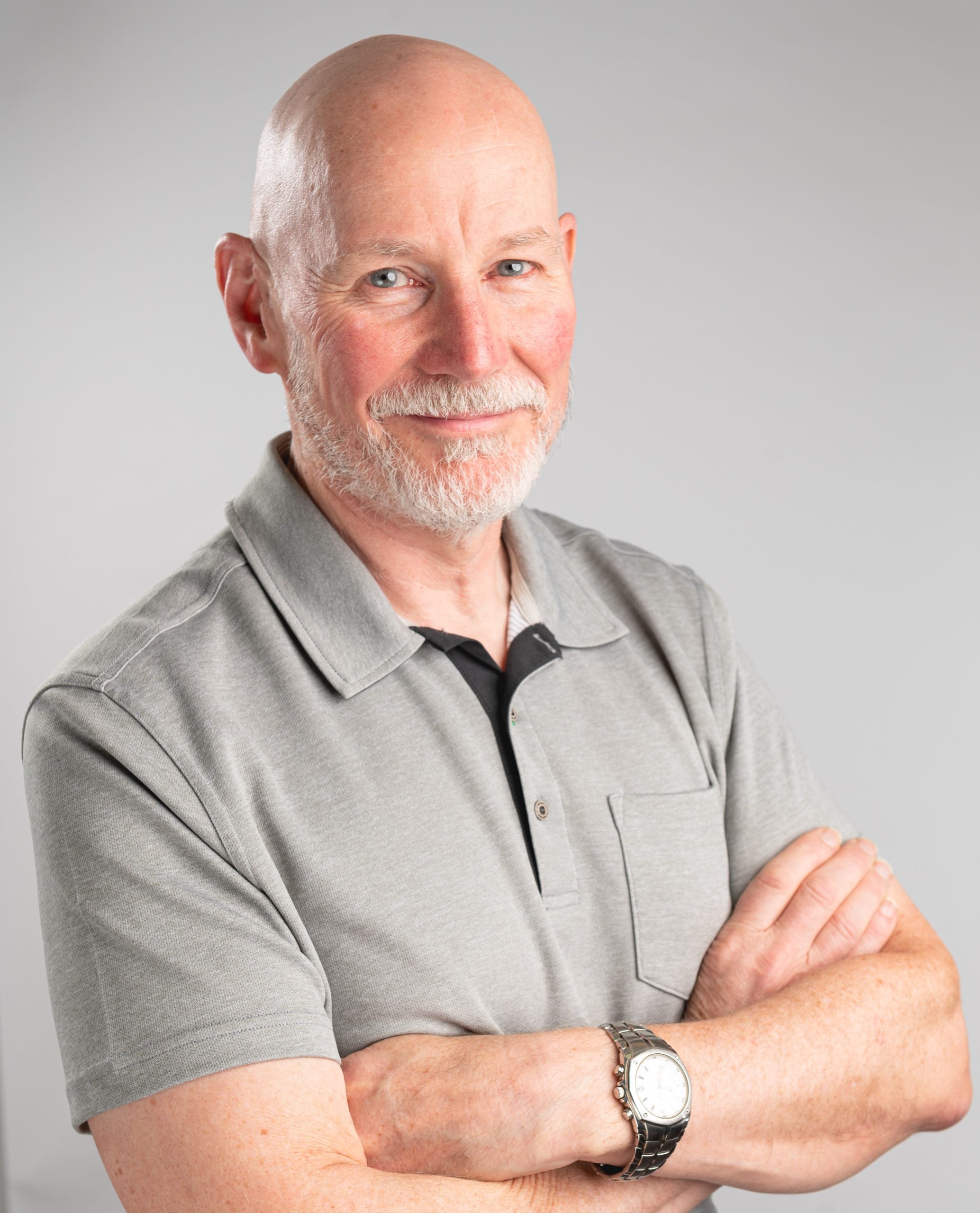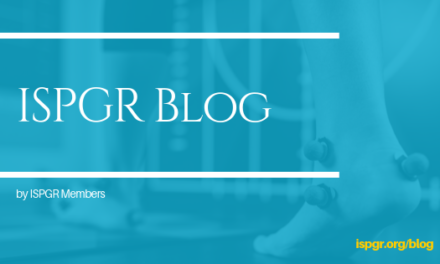I have been asked to write a short blog as part of the Honorary Membership that was bestowed upon me in Maastricht. In particular I was asked to speak about my experience with ISPGR as well as to provide tips and advice to junior researchers for achieving a successful career in posture and gait research. Let me attempt the latter point first drawing from my experience over the past 44 years post BSc.
First, of course, always think critically and objectively, but I would add that it is also necessary to BE HUMBLE in such thinking. One can be confident within the framework of the current knowledge, but there is still so much yet to understand and there are still many limits in our tools and theories that beg a cautious confidence. One should certainly never camp a career within any one theory. Humbleness allows us to be open to change and to minimize, and maybe even recognize, our biases. Also, while big breakthroughs are wonderful and we may dream of being the ‘big name’ researcher that broke through an idea, in reality, science is mostly moved forward by chipping away and adding little new nuggets of knowledge. While these nuggets are often not shocking, if the science is based on sound logic and well-thought-out protocols or models, they often catalyse other ideas and approaches or, also important, confirm existing ideas.
Next, BE PASSIONATE about what you do. Don’t jump on a bandwagon topic just because it is popular, or at least not until it has an undercurrent pull on your genuine interest. If I and the collaborators with whom I have worked have had any success, it is that our passion for knowledge has allowed us to attack issues not yet seen or at least not in a certain way, or perhaps in a way that combines ideas not yet put together. When you feel your passion wane, close the office door and pull out recent (or older) data and swim in it for a while.
Another piece of advice, actually part of being humble, is to SEE EVERY SINGLE PERSON ON THE TEAM AS A COLLEAGUE. I have learned something from every person, from trainees to research assistants to co-PIs, even in cases that required more mentoring than anticipated. Remember that every research question begs a team of brains well beyond the principal investigator. You will also be surprised by the productivity related to true intellectual respect. Related to this point, I would suggest being less possessive about your research program, i.e., BE A MENTOR, A COORDINATOR, BUT NOT AN OWNER. This is, believe me, very difficult to practice within our environment of institution and publication competition and the ego is difficult to control. Only in the latter part of my career have I tried (still a work in progress) to avoid talking about MY students, MY program, MY lab.
Another point is to EMBRACE GRANT WRITING. While most of us complain about it, and are disheartened by grant refusals, realize that every grant preparation is an opportunity to take stock of where the science is and what exciting things should be next. Even unsuccessful grants advance your thinking and will nourish the team’s next work if you write them with passion. Finally, my wife has been a rock for me (and probably felt like throwing a few at me too) throughout my scientific career. RECOGNIZE THOSE OUTSIDE YOUR RESEARCH PROGRAM who act as sounding boards, provide moral support, try to tolerate your scientific distractions that generally keep you rooted…and let them know how important they are to you.
As to ISPGR, as I mentioned when thanking everyone in Maastricht for this honour, ISPGR is a great society and has naturally grouped together many researchers that hold many of the values noted above. It has always been a safe place to expose and mutually challenge ideas and to see what flies. Having been on the board for 11 years, and on the executive for 6 years, including 2 years as president, I have seen the political, academic and social sides of ISPGR. Sure, it “ain’t” perfect, but it is mostly a wonderful place for exchange and even fun. My last message to the young researchers is to invest in your society to continue its mission and keep it moving forward.
Thank you again to ISPGR for the Honorary Member award of 2025.
Brad McFadyen
About the Author

Bradford J. McFadyen, PhD, is an adjunct professor (retired; School of Rehabilitation Sciences, Université Laval) and a researcher at the Centre for Interdisciplinary Research in Rehabilitation and Social Integration (Cirris). He was inaugural co-lead of the Centre’s research platform for immersive technology in rehabilitation. His research program has spanned from basic to applied studies on anticipatory locomotor adaptations across the lifespan and following acquired brain injury.
Copyright
© 2021 by the author. Except as otherwise noted, the ISPGR blog, including its text and figures, is licensed under a Creative Commons Attribution-ShareAlike 4.0 International License. To view a copy of this license, visit https://creativecommons.org/licenses/by-sa/4.0/legalcode.
ISPGR blog (ISSN 2561-4703)
Are you interested in writing a blog post for the ISPGR website? If so, please email the ISGPR Secretariat with the following information:
- First and Last Name
- Institution/Affiliation
- Paper you will be referencing


